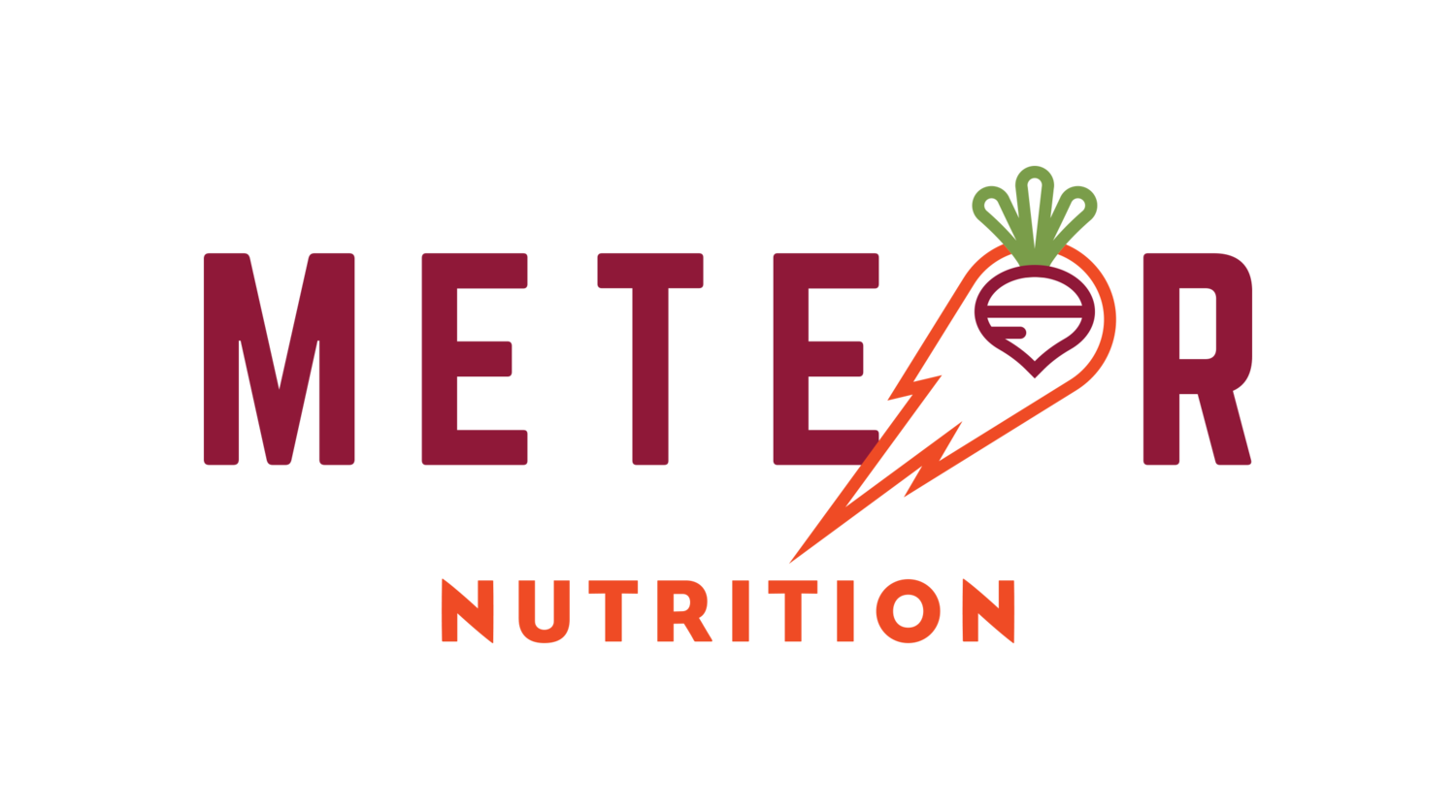Fueling During a Marathon
Training for a marathon is hard work but, lack of fueling makes it even harder. It’s important to have a trusted fueling plan going into your big race, but it’s hard to know where to start. Below are some key factors to focus on while training to be prepared for race day.
Hydration
Fluid intake during long runs should match a runner's fluid loss. One way to determine fluid loss is to perform fluid loss testing and weigh yourself before and after a run. If possible, try to match race day conditions for that run. Aim for 16-20 oz per hour while running to keep from getting dehydrated.
Starting point: Try drinking 4-6 oz every 15-20 minutes during the run
Electrolytes
During long runs, it is necessary to replenish electrolytes lost in sweat. The easiest way to replenish electrolytes is through products such as hydration mixes, electrolyte tablets, chews, or sports nutrition products. Recommended electrolyte content of sports drinks is 150-180 mg sodium and 60-75 mg potassium per 8 oz. It is better to consume electrolytes consistently in events that last longer than an hour instead of taking large amounts all at once.
Starting Point: Consume electrolytes over 15-20 minute periods through hydration mixes
Favorite Picks:
Gatorlytes:
Mix 1 pouch with 20 oz. of water
Electrolytes: 780 mg sodium, 400 mg potassium, 40 mg magnesium, 80 mg calcium
Vegasport Hydrator:
Mix 1 scoop with 16 oz. of water
Electrolytes: 230 mg sodium, 115 mg potassium, 20 mg magnesium, 50 mg calcium
Base Performance:
Place salt directly under tongue and let dissolve
Electrolytes: 290 mg sodium, 2.6 mg potassium, 12 mg magnesium, 3 mg calcium
Calories
Calorie intake during a long run is best in the form of easily digestible carbohydrates such as glucose, maltodextrin, or sucrose. Calorie intake can be achieved through different ways such as solid food or sports nutrition products. An athlete needs to determine the best way for themselves, most carry gels, chews, or sports drinks because it is more convenient and accessible than carrying a banana during a race. The final goal is 120-360 calories per hour but it is important to train your gut to avoid any GI distress. Start slow and increase the carbohydrates over time to train the gut.
Starting Point: Consume 15 g of carbohydrates per hour
Favorite Gels:
Gu:
Calories: 100
Carbohydrates: 22 g
Sodium: 60 mg
Maurten:
Calories: 100
Carbohydrates: 25 g
Sodium: 34 mg
Spring Energy:
Calories: 90
Carbohydrates: 20 g
Sodium: 160 mg
Huma:
Calories: 100
Carbohydrates: 21 g
Sodium: 105 mg
Cliff:
Calories: 100
Carbohydrates: 24 g
Sodium: 90 mg
Favorite chews:
Honey Stinger:
Calories: 100
Carbohydrates: 24 g
Sodium: 50 mg
Gu:
Calories: 80
Carbohydrates: 20 g
Sodium: 40 mg
Clif Bloks:
Calories: 100
Carbohydrates: 24 g
Sodium: 50 mg
Favorite Sports Drinks:
Maurten 320:
Calories: 320
Carbohydrates: 79 g
Sodium: 200 mg
Tailwind:
Calories: 100
Carbohydrates: 25 g
Sodium: 303 mg
Gatorade Endurance:
Calories: 90
Carbohydrates: 22 g
Sodium: 300 mg
Scratch:
Calories: 80
Carbohydrates: 21 g
Sodium: 360 mg
Remember this fueling plan is a general guide and everyone has their own needs, tolerances, sweat rates, and training schedules. Don't let your hard training go to waste and start learning how to fuel your runs properly! To learn more about your specific needs, sign up for our Performance Nutrition Ignition Program today!
